Caleb P. Burns

Imagine that a Midwestern city councilman is running for mayor on a pro-development platform. As part of his campaign, he pledges his support for a project to revitalize a large-and-blighted building in the heart of his city’s downtown. A developer of that downtown property then makes a campaign contribution to the councilman. Is that a crime? Alarmingly, the Department of Justice thinks so.
This is not a hypothetical. It happened in United States v. Sittenfeld where the Department of Justice indicted former Cincinnati Councilman Alexander "P.G." Sittenfeld for accepting a political contribution based on his support of the development project.
Read the indictment:Cincinnati City Councilman P.G. Sittenfeld arrested
Unfortunately, misguided prosecutions like this are not limited to the Midwest. The Department of Justice brought similar charges against former New York Lieutenant Governor Brian Benjamin for allegedly directing state funds to the non-profit of a campaign contributor. The federal district court in New York dismissed those charges before trial, ruling that "for criminal liability for bribery in the context of campaign contributions, there must be a quid pro quo that is clear and unambiguous" and "must be shown by something more than mere implication." Undeterred, the Department of Justice has appealed the court’s dismissal.

Sittenfeld was not so fortunate. The federal district court in Cincinnati did not dismiss his case and a jury convicted him. He is appealing his conviction and the outcome will have far-reaching implications for political campaigns, governing and fundamental issues of free speech and association.
The Supreme Court − always cautious about criminalizing politics − long ago recognized in McCormick v. United States that politicians raising money from people with business before them is "conduct that in a very real sense is unavoidable so long as election campaigns are financed by private contributions." Often, those likeliest to give money to political candidates are those with an economic stake in who wins the election.
Accordingly, the Supreme Court has limited public corruption cases in the campaign contribution context to situations where the agreement for official action is "explicit" and there is an unambiguous and clear understanding. Nothing less than a clear quid pro quo is enough or else anyone who donates to a candidate − knowing the candidate will support the donor’s preferred policies − could be subject to indictment and conviction.
If Sittenfeld’s conviction stands, or Benjamin’s dismissal is reversed, that is precisely where we will be. As a result, political contributors will refrain from exercising their First Amendment rights to support like-minded candidates. Innumerable advocacy groups − the NRA, Emily’s List, AIPAC and many more − who contribute to candidates, but only after those candidates pledge to vote a certain way, could be accused of public corruption. They will all be at the mercy of the Department of Justice which, in these cases, has been a hammer in search of nails.
Sittenfeld’s case is particularly troubling. Knowing that Sittenfeld always supported and voted for economic development projects, the FBI designed a sting in which it directed a local developer and longtime donor to approach him about a blighted downtown project he had already said he supported redeveloping. The FBI then sent undercover agents to pose as the developer’s partners on the project.
Those agents ended up making a political contribution to Sittenfeld’s PAC. Not once did Sittenfeld say that his support for the development project was contingent on the contribution, and not one cent of it was embezzled for personal use. It was a lawful contribution in all respects, and was publicly reported in regulatory filings. Nonetheless, the Department of Justice brought the full weight of the United States government and spent untold amounts of taxpayer money because a politician received a political contribution when he reaffirmed his support for something he was already doing. While the jury largely rejected this farce − acquitting Sittenfeld on four counts − it convicted him on two.
I have advised clients on campaign finance and government ethics for more than two decades. I understand why a lay jury convicted Sittenfeld on two counts: People think politics and political fundraising are unsavory. But that general view is precisely why the Supreme Court has long curtailed creative prosecutions of political candidates − juries tend to have preconceived ideas when politicians are on trial.
In Sittenfeld’s case, the trial judge himself acknowledged the evidence of a corrupt bargain was "ambiguous" and noted that a different jury could have deemed Sittenfeld’s conduct ordinary, lawful politics. But if ambiguous evidence is all that is required of the Department of Justice, then no officeholder or contributor is safe. The Department of Justice is not saving our representative democracy from corrupt politicians, it is eroding the relationship between our elected representatives and those they govern. And that has serious implications for our country that go well beyond Sittenfeld and Benjamin.
Caleb P. Burns is a partner at Wiley Rein LLP who specializes in campaign finance law, serves on the American Bar Association Standing Committee on Election Law, and has been retained as an expert witness in numerous public corruption cases including United States v. Sittenfeld.

"politic" - Google News
November 30, 2023 at 08:32PM
https://ift.tt/egr03cy
Sittenfeld conviction damaging to political campaigns, free speech - The Cincinnati Enquirer
"politic" - Google News
https://ift.tt/pgoaumH
https://ift.tt/2kzEMju
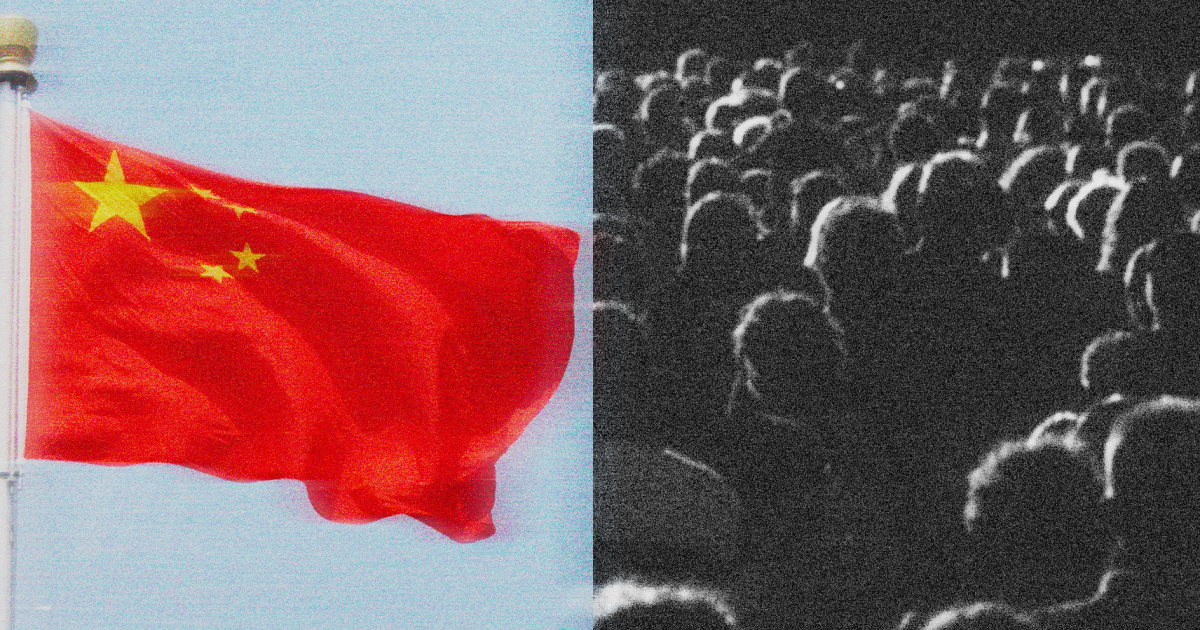


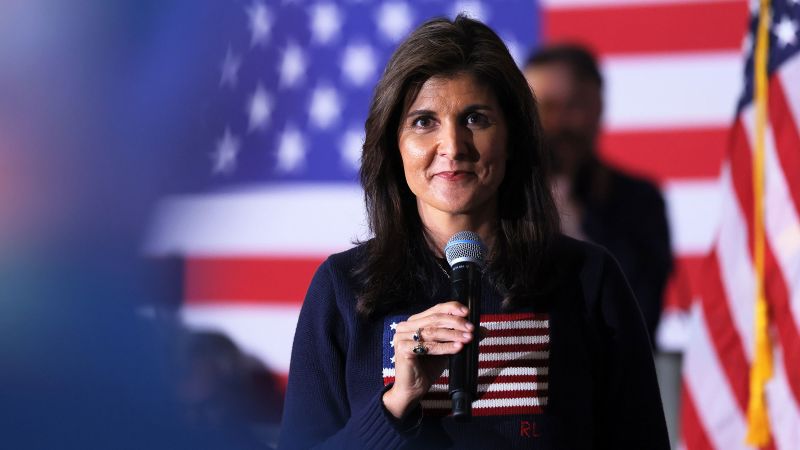
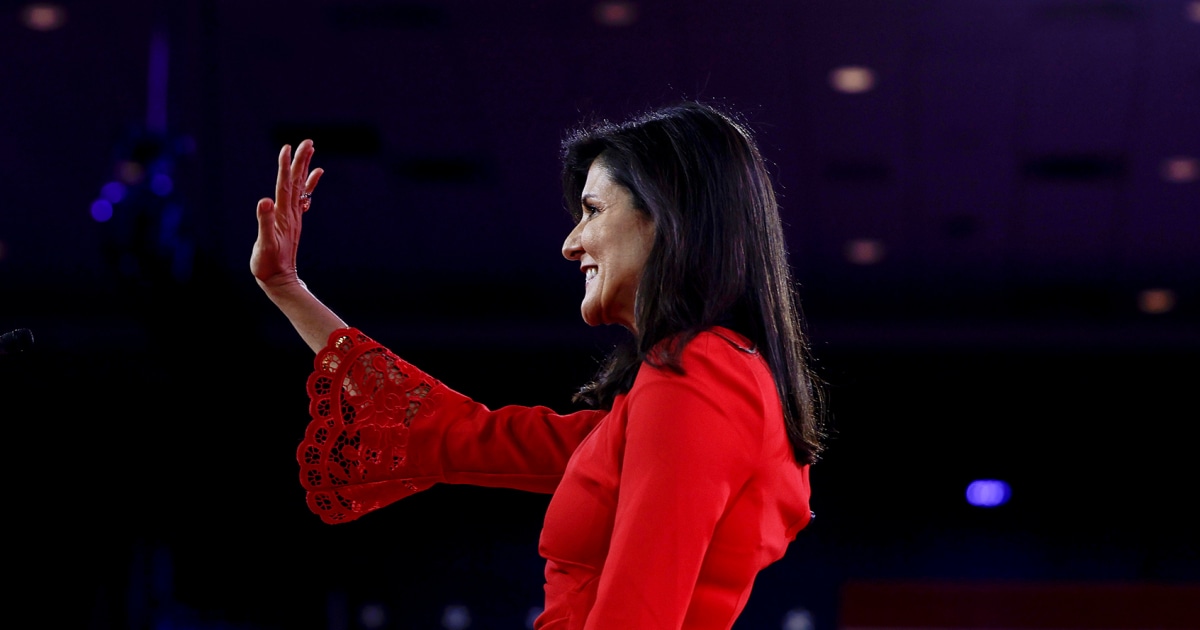
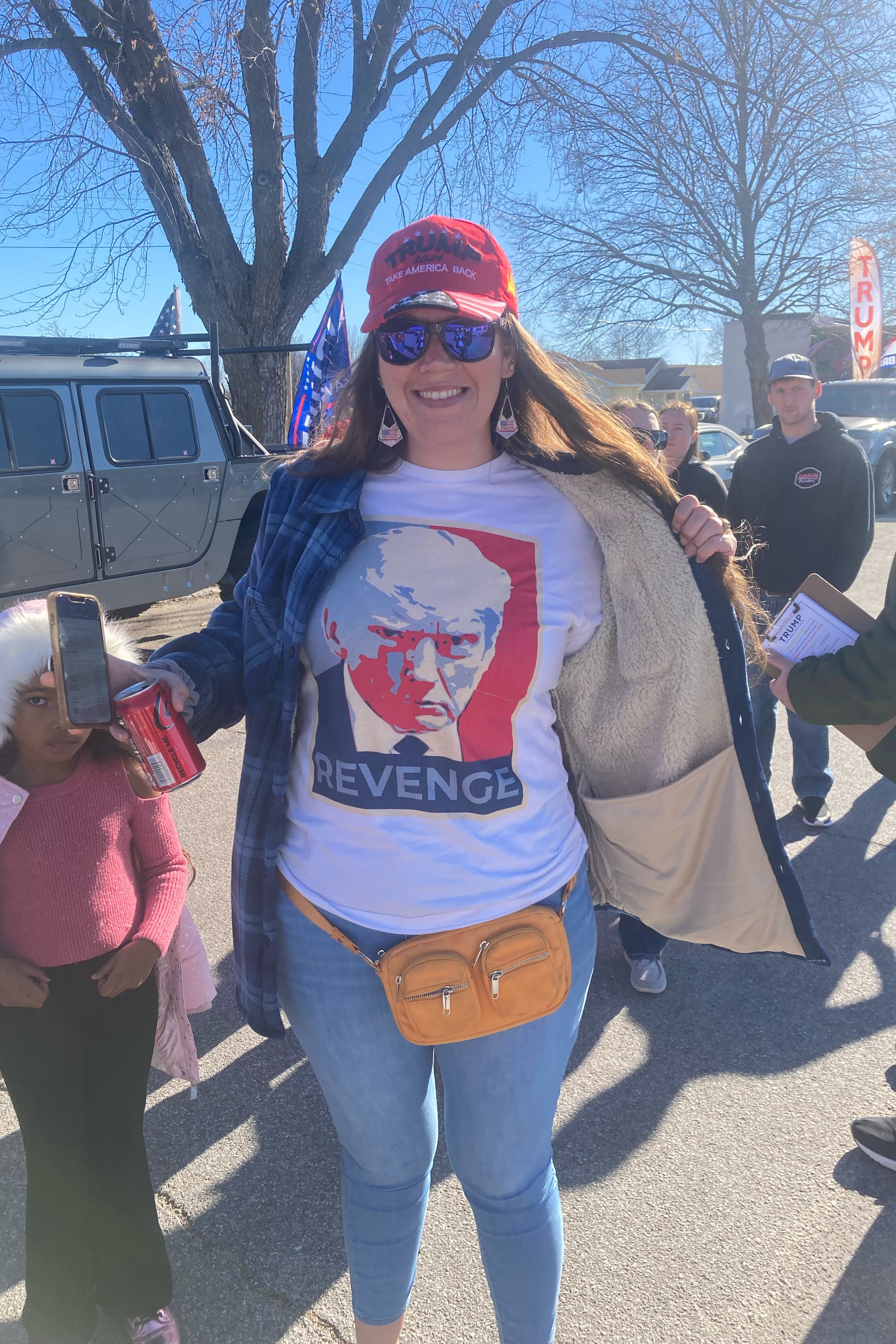
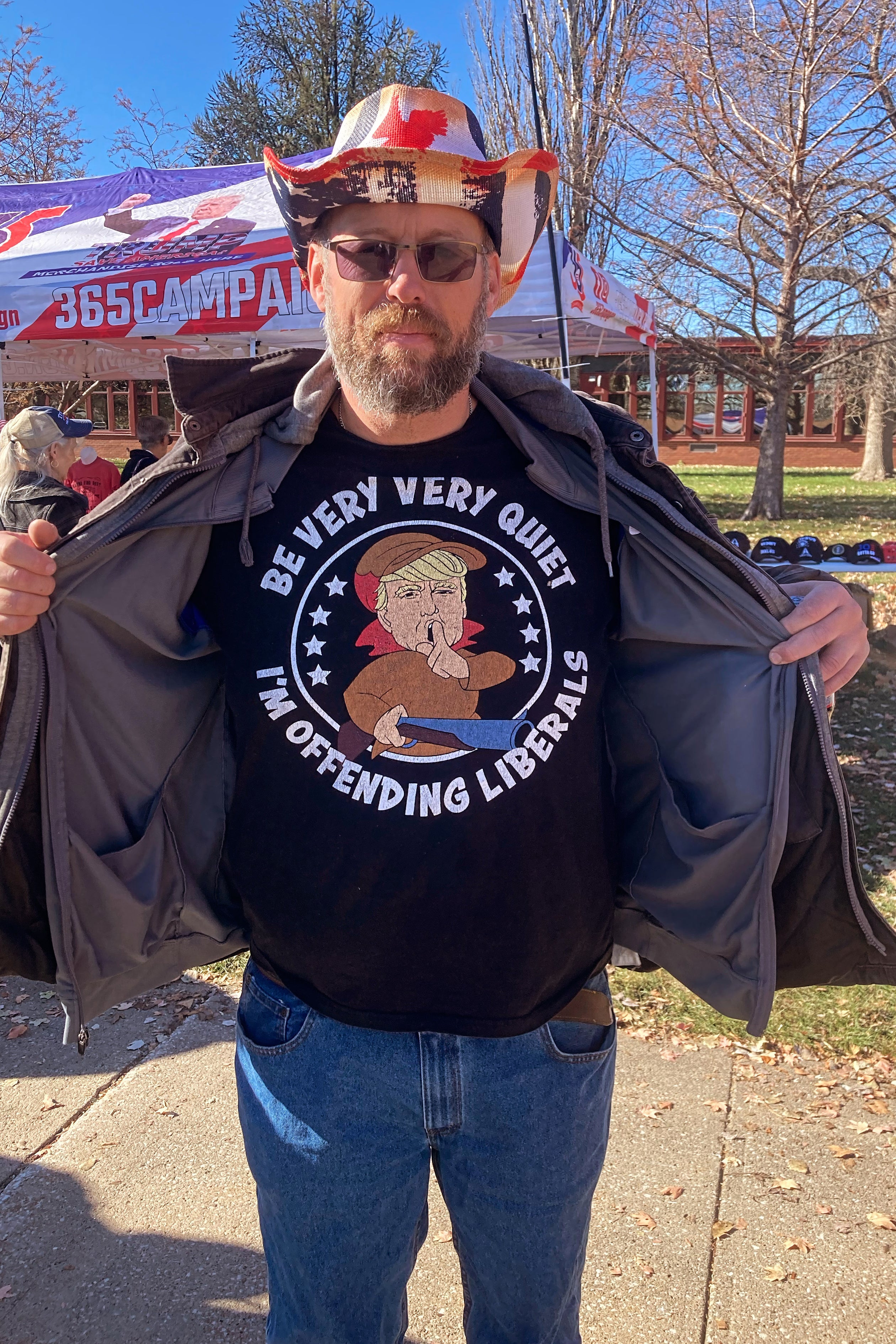





/cloudfront-us-east-1.images.arcpublishing.com/bostonglobe/VNG7YMZTRWJ5WBFTJ5NVETPCQI.jpg)